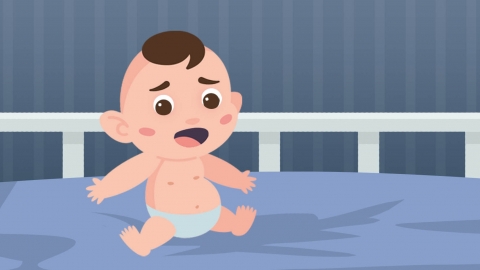What are the treatment methods for ADHD?
In general, ADHD (Attention Deficit Hyperactivity Disorder) may be caused by various factors such as genetic predisposition, neurotransmitter imbalances, family environment influences, poor adaptation to the learning environment, and co-occurring psychological and behavioral issues. It is recommended to seek medical attention promptly, identify the underlying cause, and then improve symptoms under a doctor's guidance through non-pharmacological interventions, medication, and other treatments. Specific causes are analyzed as follows:

1. Genetic factors: ADHD shows a clear familial inheritance pattern. If parents or close relatives have ADHD, the child’s risk of developing the condition increases. It is important to provide a stable and harmonious family environment, minimize negative stimuli, regularly monitor the child’s behavior, and intervene early when problems are detected.
2. Neurotransmitter imbalance: Abnormal secretion of neurotransmitters such as dopamine and norepinephrine in the brain can impair the brain's ability to regulate behavior. Medications such as methylphenidate hydrochloride extended-release tablets, atomoxetine hydrochloride capsules, and bupropion hydrochloride extended-release tablets may be used under medical supervision to help regulate neurotransmitter levels.
3. Family environment influences: Inappropriate parenting styles and tense family relationships may lead to hyperactive and impulsive behaviors in children. Parents should learn scientific parenting methods, communicate frequently with their children, offer encouragement and support, avoid physical punishment or harsh criticism, and build a positive parent-child relationship.
4. Poor adaptation to the learning environment: Strict classroom discipline and excessive academic workload may make it difficult for children to adapt, leading to inattention and hyperactivity. Teachers can adjust their teaching approaches based on the child’s needs, use diverse and engaging teaching methods, reduce academic pressure appropriately, and create a relaxed and supportive learning environment.
5. Co-occurring psychological and behavioral problems: ADHD is often accompanied by psychological issues such as anxiety and depression, which may worsen hyperactivity symptoms. In addition to treating ADHD itself, psychological interventions such as cognitive behavioral therapy (CBT) should be incorporated to help children adjust maladaptive thought patterns and behaviors. When necessary, medications such as sertraline tablets, fluvoxamine maleate tablets, or venlafaxine extended-release tablets may be used in combination under medical supervision to manage psychological symptoms.
In daily life, it is important to help children establish regular routines, develop reasonable schedules for living and studying, cultivate hobbies and interests, and train their attention and concentration skills. Meanwhile, close collaboration between parents and schools is essential to form a cohesive educational approach that promotes symptom improvement and healthy psychological and physical development in children.






